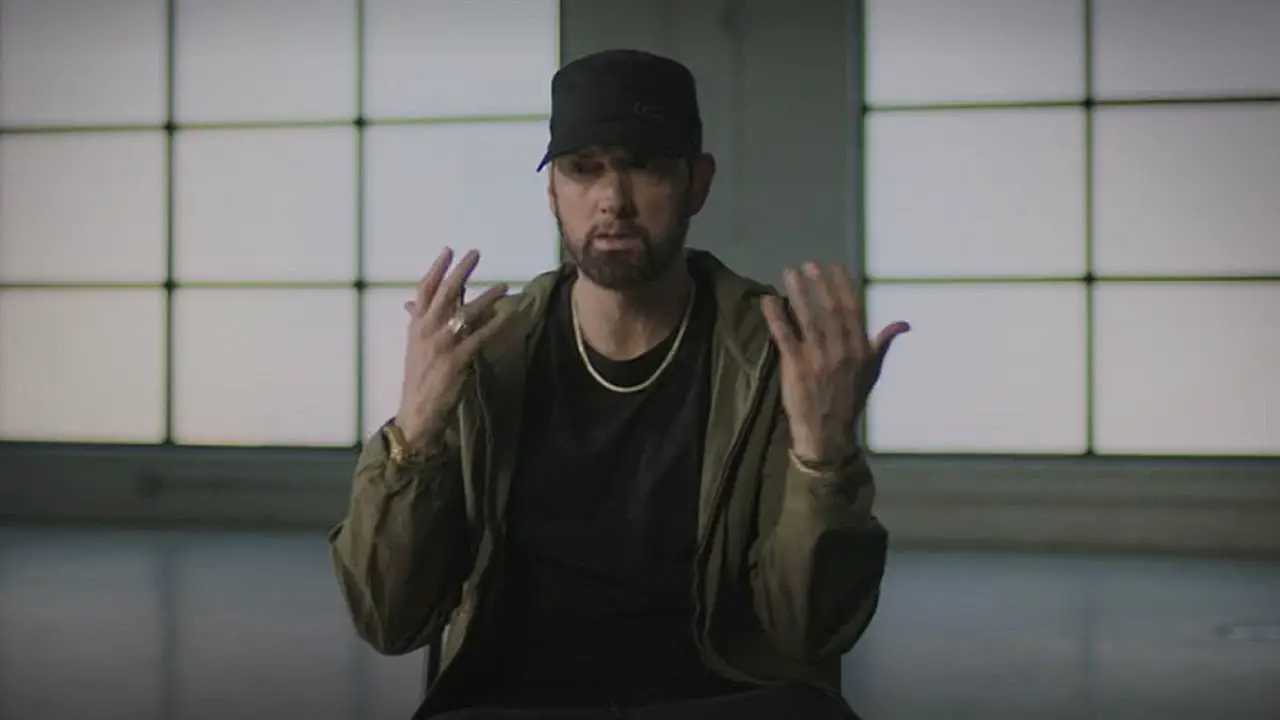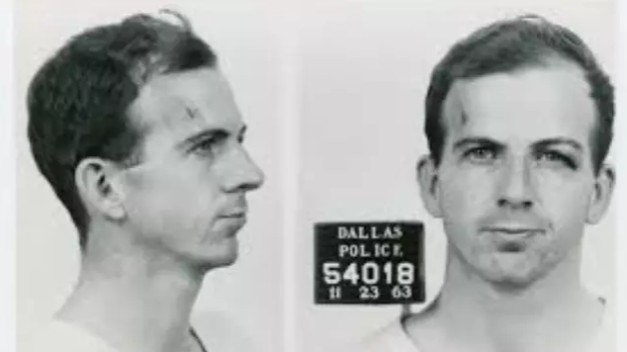Eminem, a name synonymous with the rap genre and known for his distinctive voice, has made an indelible mark on the music industry as one of the most influential rappers ever. With a career that challenged racial norms in the U.S. music scene during the 1990s, Marshall Bruce Mathers III, as he is less commonly known, has a diverse array of hits ranging from the comedic “Without Me” to the haunting “Stan.” However, there’s one track from his repertoire that Eminem has distanced himself from, expressing regret over its creation.
This particular song, “Cleanin’ Out My Closet” from his 2002 album “The Eminem Show,” is a deeply personal and scathing critique of his mother, Debbie Nelson. Eminem has publicly stated his refusal to perform this song live and has expressed discomfort upon hearing it on the radio. The track, known for its raw and unfiltered lyrics, includes harsh criticisms and accusations against his mother, calling her a “selfish b***h” and expressing a wish for her to “burn in hell,” while also stating she would never see her granddaughter Hailie.
The lyrics reflect Eminem’s tumultuous relationship with his mother and the impact of his troubled childhood on his adult life. Lines from the song convey his feelings of betrayal and resentment, accusing his mother of feigning illness and mistreating him.
Despite the vitriol of “Cleanin’ Out My Closet,” Eminem offered a form of reconciliation in his 2014 track “Headlights,” where he apologizes to his mother for the pain caused by his earlier words. In “Headlights,” he acknowledges the harshness of his previous accusations and expresses a desire to mend their relationship, stating, “But I’m sorry mama for ‘Cleanin’ Out My Closet,’ at the time I was angry.” This apology highlights a moment of reflection and growth for Eminem, acknowledging the complexity of family dynamics and the power of forgiveness.




